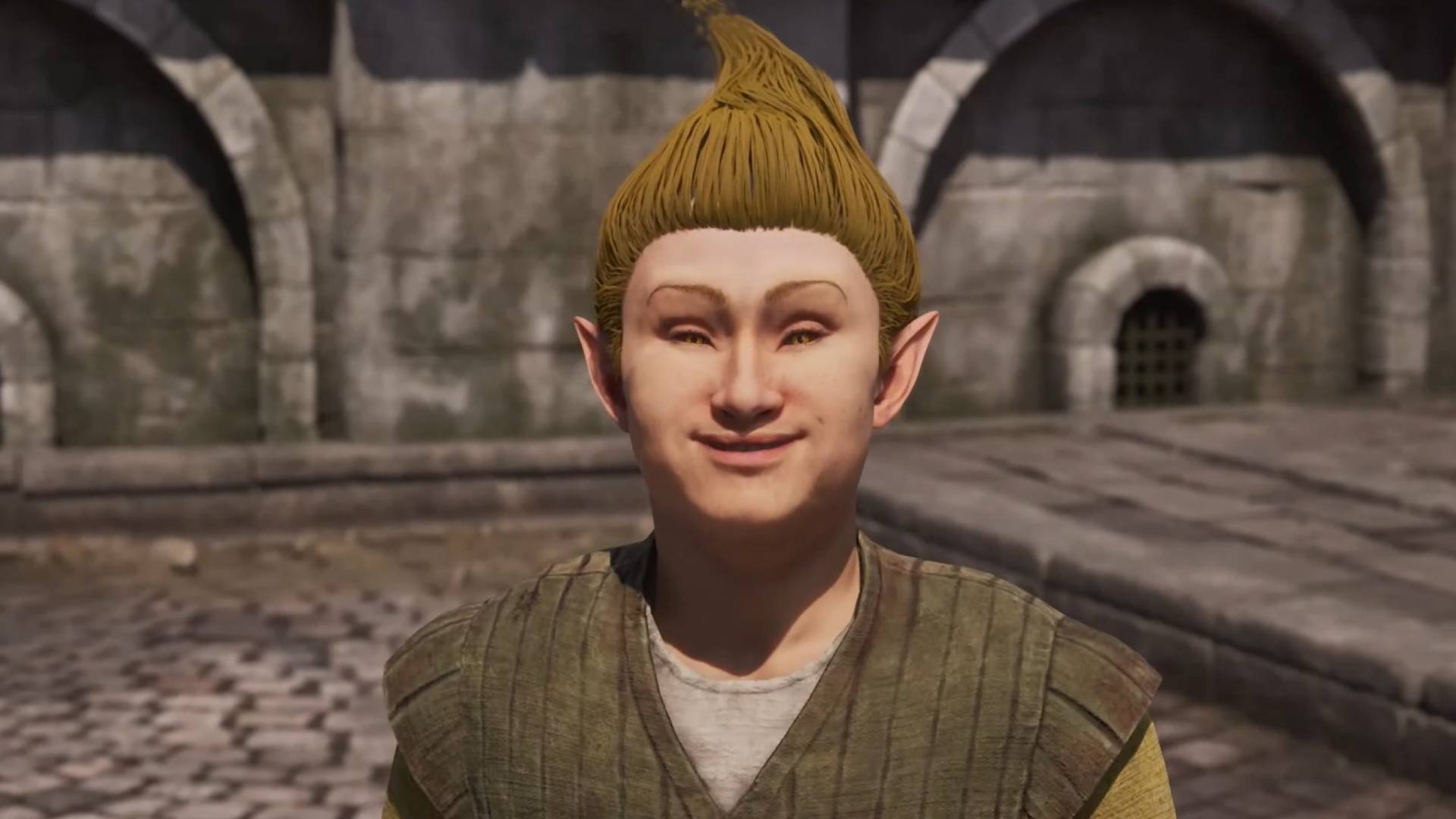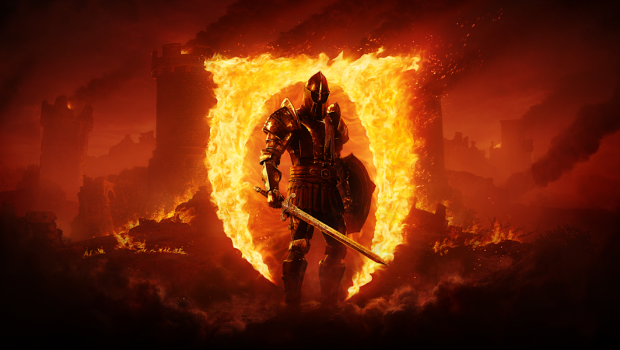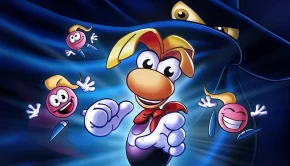Oblivion Remastered Review (PS5)
Summary: A remaster can only make a 20-year old game so modern without becoming a remake. Oblivion Remastered makes the old game beautiful, far less clunky, but it's still the old game at its core.
4
Masterful Remaster Yet Retro
Everyone loves an Elder Scrolls game, everyone’s got a key gaming memory with one of them. Skyrim, Oblivion, Morrowind, Daggerfall– almost no one likes all of them, but everyone has one they love to death. For me it was Skyrim. I had to sell off my PS2 collection to afford a PS3, then the store told me they were sold out. The manager called half the stores in the city before he found one where they had stock: one Skyrim-edition PS3 for the same price. I took it home, booted it up, walked into Riverwood and stabbed a chicken– I didn’t even expect it to work– then the townspeople raised the alarm, piled on, and beat me to death. I remember being so annoyed by that, because I had to reload at a distant cave then slink back into town like a bad dog. Now? I laugh.
Elder Scrolls games are inherently silly– “clunky”, people say affectionately. The world’s people are a little slow, unresponsive, stupid even– rattle a man’s brains with a heavy blow from a lead mace and he replies “You’re lucky I like you”. Bethesda Softworks might not mean for their games to be goofy– they want immersive and grand adventures– but the silliness is half the charm. The fact that it makes me laugh is one reason I still play Skyrim every few years.
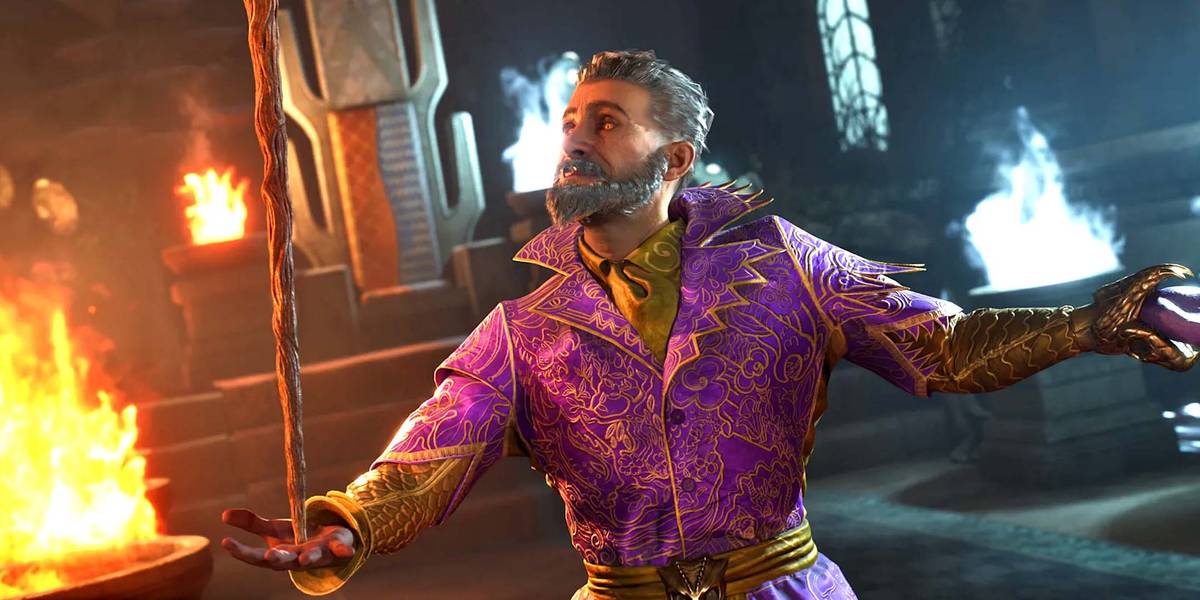
And I know people feel the same way about Oblivion. It’s a cornerstone, an RPG landmark. So, for them, waking up to a surprise release of this big-budget remaster must be wonderful– I’m already dreaming of a Skyrim remaster like this. The upgrades are faithful, beautiful, and even lean into the silliness just a little– smack Uriel Septim with your sword and his head will whip back in reaction instead of stoically ignoring the blunt force trauma. A large-scale remaster like this is a tricky balance, but it’s clear that this remaster has already eclipsed the original.
Every model and texture and menu has been remade from scratch– the Deluxe Edition’s artbook is much fuller than you’d imagine, with almost every location sketched out in detail beforehand– and it all looks gorgeous. They’ve added auroras and nebulas to the nightsky, and deftly detailed the rocks and mountains— which makes the many caves far less drab. Even better are the quality-of-life changes. Gone are annoyances like the half-screen map, clunky camera controls, and not knowing if a container is empty. It’s not exactly modernised, but it’s definitely made a good ten-year jump.
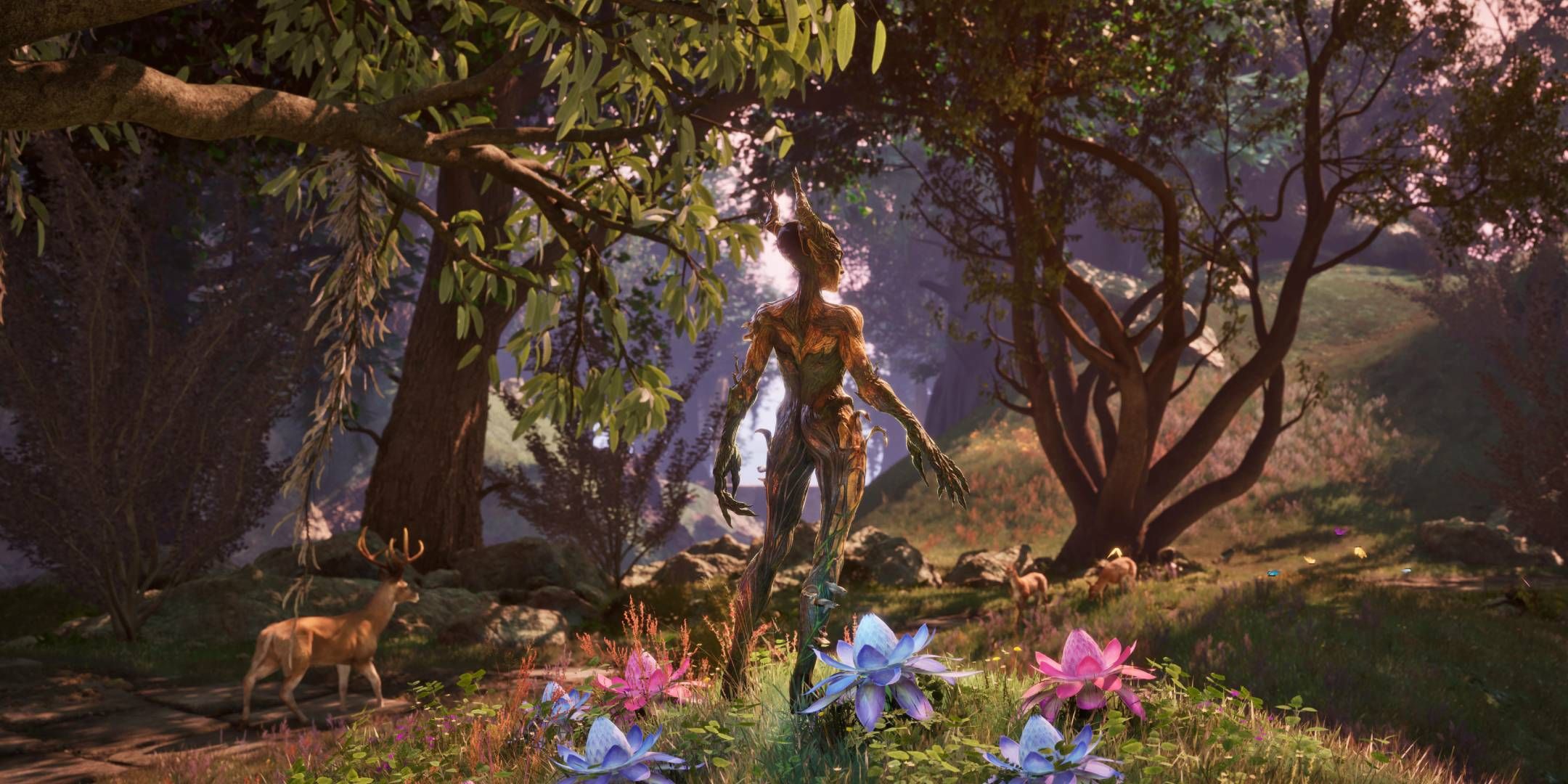
Still, Oblivion isn’t my Skyrim, so the quirks that remain aren’t always so charming– glitches, empty areas, and simpler NPCs than Skyrim. I might know the NPCs will be erratic like Skyrim, but I don’t know how. For example, the Blades– my brothers against the apocalypse– will happily let me pick their pockets, but when I accidentally hop on the wrong horse? They’ll draw their swords and fight me to the death— there’s no talking them out of it. So as much as I enjoy seeing more of the Elder Scrolls world on a modern system, it mostly makes me pine for another round of Skyrim.
As a remaster, Oblivion Remastered is one of the best. It’s what people dream of when they hear their favourite game is getting remastered: it looks better, feels better, adds a little, but doesn’t mess with the original’s magic. But as a modern full-priced release? It’s sketchy. It’s not unfun, but it’s definitely an acquired taste. If the next Elder Scrolls game came out looking like this, playing like this, it’d flop. Too many great changes have been made to the RPG formula since then– like sliding (or proper conversations). So great remaster, decent game.
